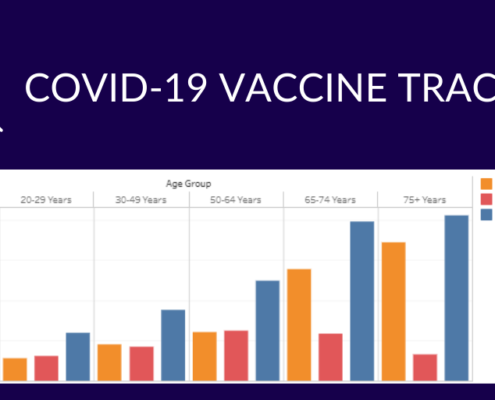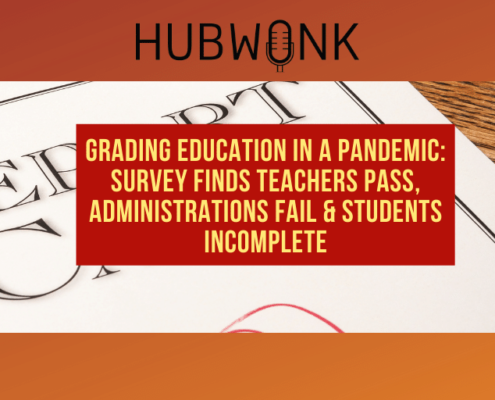Mapping COVID-19 in Massachusetts Cities & Towns
/0 Comments/in Blog, Blog: Better Government, Blog: Transparency, COVID Transparency, News, rCOVID /by Michael WalkerKudos to the Baker Administration for providing transparency in a critical matter of public safety. As Pioneer Institute’s Senior Fellow in Healthcare, Barbara Anthony, urged in The Boston Globe, the Massachusetts Department of Public Health upped its game and started posting the count and rate (per 100,000) of confirmed COVID-19 Cases in Massachusetts by City/Town. They will update the numbers each Wednesday. https://www.mass.gov/info-details/covid-19-cases-quarantine-and-monitoring
Taking this data, Pioneer created different ways to view the data:
-
- Scatter charts – Showing cases by population, with and without Boston (which is the outlier).
- Rankings – Largest to smallest number of cases and rate (cases per 100K population)
- Heat Maps – Of the infection rate, by county and municipality
- Table – By municipality & county, of the total number of cases, rate of infection, and the population (for reference)
- Testing – Graphs, a table and map showing number of people tested, testing rate per 100K population, and percent of positive tests.
Note: For populations <50,000, <5 cases are reported as such or suppressed for confidentiality purposes. In our graphs and tables, for those small towns with some reported cases, we assigned them 3 cases so the maps would draw correctly.
We plan to update the maps during the crisis after DPH releases weekly data.
Get Our COVID-19 News, Tips & Resources!

Heritage Foundation’s Jonathan Butcher on Edu Federalism, School Choice, Learning Pods

Study Says Interstate Tax Competition, Relocation Subsidies Exacerbate Telecommuting Trends

“The Business of America is Business” – 25 Resources for High School Students

Georgetown’s Dr. Marguerite Roza on K-12 School Finance, Spending, & Results

Massachusetts Should Disclose More Information about Its Recent Reduction in the Official Count of Long-term Care Deaths

Preparing For Disaster: Health Readiness Expert’s Performance Review

Study Warns Massachusetts Tax Proposal Would Deter Investment, Stifling the “Innovation Economy”

“Be Strong, Saith My Heart” – National Poetry Month – 40 Resources for K-12 Students

Stanford’s National Humanities Medal Winner Prof. Arnold Rampersad on Langston Hughes & Ralph Ellison

Study Shows the Adverse Effects of Graduated Income Tax Proposal on Small Businesses

COVID-19 Vaccine Tracker

The Washington Post’s Jay Mathews on An Optimist’s Guide to American Public Education

Grading Education in a Pandemic: Survey Finds Teachers Pass, Administrations Fail & Students Incomplete

Poll Finds Mixed Views About Schools’ Pandemic Performance

Doctor Heal Thyself: Insider’s Prescription For Healthcare Reform

New Study Warns Graduated Income Tax Will Harm Many Massachusetts Retirees

Dartmouth’s Prof. Susannah Heschel Discusses Rabbi Abraham Joshua Heschel & the Civil Rights Movement




